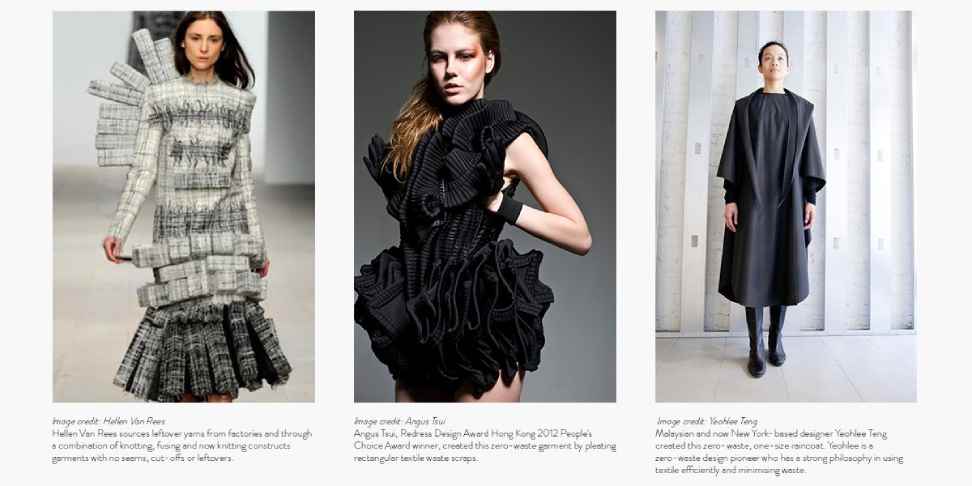100exch, Matchexch9, Laser 247.com: As the fashion industry continues to address its environmental impact, the use of sustainable materials has become increasingly prevalent in the design process. From organic cotton and linen to recycled polyester and Tencel, fashion brands are exploring innovative alternatives to traditional fabrics to reduce their carbon footprint and promote eco-friendly practices.
In addition to the eco-conscious materials themselves, the transparency and traceability of the supply chain also play a crucial role in ensuring the sustainability of fashion products. By sourcing materials ethically and supporting fair labor practices, brands are not only minimizing their environmental impact but also contributing to a more socially responsible industry.
� Organic cotton and linen
� Recycled polyester and Tencel
� Transparency and traceability of the supply chain
– Sourcing materials ethically
– Supporting fair labor practices
– Minimizing environmental impact
– Contributing to a socially responsible industry
Ethical Fashion Brands
As consumers become more conscious of the impact of their purchases, ethical fashion brands have been gaining momentum in the industry. These brands prioritize transparency in their supply chain, ensuring fair wages and working conditions for workers involved in the production process. By advocating for sustainability and ethical practices, these brands aim to create a positive impact on both people and the environment.
In addition to ethical labor practices, these fashion brands also focus on using eco-friendly and sustainable materials in their collections. From organic cotton to recycled fibers, these materials not only reduce the environmental footprint of the fashion industry but also promote a more circular economy. By choosing to support ethical fashion brands, consumers can align their values with their purchasing decisions and contribute to a more sustainable future in the fashion world.
Zero Waste Fashion Design
99 Exchange, Big Exchange ID, Maxwin9: In the realm of fashion design, a growing emphasis is being placed on minimizing waste and promoting sustainability. Designers are now embracing the concept of zero waste fashion design, where every scrap of fabric is utilized to create garments without generating any waste. This approach not only reduces the environmental impact of the fashion industry but also challenges designers to think innovatively and creatively in their design process.
By adopting zero waste fashion design principles, designers are encouraged to work with the materials in a thoughtful manner, considering every aspect of the fabric and how it can be optimized in the garment construction process. This often requires meticulous planning and precision cutting techniques to ensure that no material is left unused. As a result, zero waste fashion design not only benefits the planet by reducing textile waste but also allows for the creation of unique and sustainable pieces that embody both style and conscience.
What are sustainable materials in fashion?
Sustainable materials in fashion are materials that are produced in an environmentally-friendly way, using methods that reduce waste, conserve resources, and have minimal impact on the planet.
Can you name some ethical fashion brands?
Some popular ethical fashion brands include Patagonia, Stella McCartney, Reformation, and Everlane.
What is zero waste fashion design?
Zero waste fashion design is a design approach that aims to eliminate textile waste throughout the production process, from the design phase to the final product. This involves using pattern-making techniques that result in little to no fabric waste.
How can I incorporate zero waste fashion design into my wardrobe?
You can incorporate zero waste fashion design into your wardrobe by choosing clothing from brands that prioritize sustainability and zero waste practices, or by learning how to make your own clothing using zero waste techniques.

